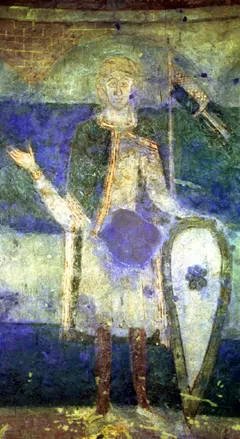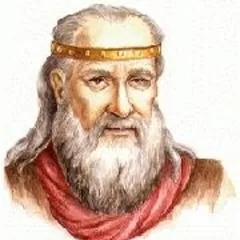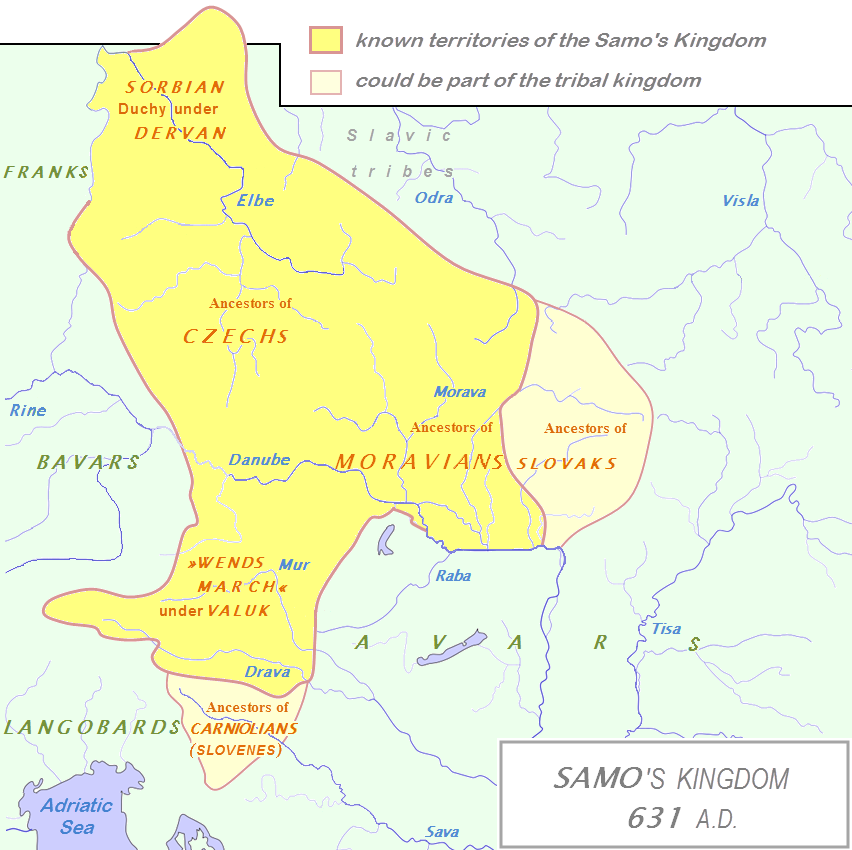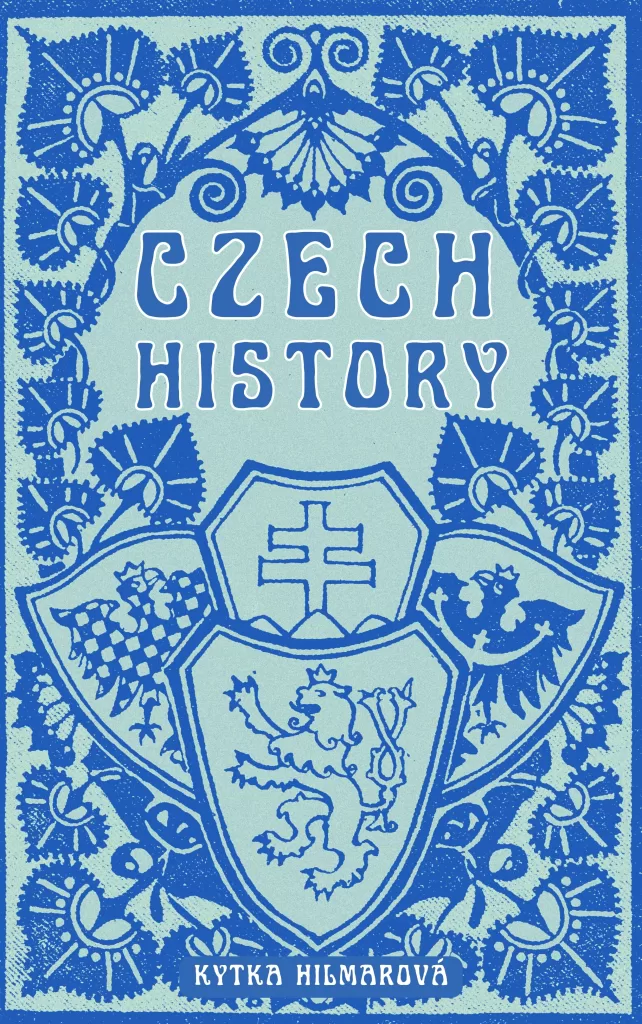The path of the Czechs was not always smooth and prosperous. In approximately 558 AD, a formidable horde known as the Avars emerged from Asia and made their way into Europe. They settled in the land of Hungary and soon began launching devastating raids into neighboring territories, including the Czech lands in 563 AD.
Our beloved ancestors fell under their oppressive rule, enduring the plundering of their resources and the loss of countless lives to those who dared to resist. The Czechs made valiant attempts to break free from their grip, but it wasn’t until 622 AD that their fortunes began to change.
 Enter Samo, a Slavic warrior whose origins can be traced to the Slavic lands of the Wends, located in present-day Netherlands. Possessing remarkable courage and battle-tested experience, Samo became a beacon of hope for the Czechs. They rallied behind him, and in 623 AD, they launched a powerful revolt against the Avars, emerging victorious and reclaiming their lands. The Avars, in the face of the Czechs’ determined resistance, dared not return.
Enter Samo, a Slavic warrior whose origins can be traced to the Slavic lands of the Wends, located in present-day Netherlands. Possessing remarkable courage and battle-tested experience, Samo became a beacon of hope for the Czechs. They rallied behind him, and in 623 AD, they launched a powerful revolt against the Avars, emerging victorious and reclaiming their lands. The Avars, in the face of the Czechs’ determined resistance, dared not return.
Europe breathed a sigh of relief as the wild horde that had struck fear across the continent was expelled by the Czechs and Moravians.
In a display of deep gratitude, the Czechs and Moravians elected Samo as their king around 627 AD. With his rule extending from the eastern Tatra Mountains to the western Šumava Mountains, and from the southern Sprewa and Havel rivers to the majestic Krkonoše Mountains, Samo became the first Slavic ruler in Bohemia. His seat of power was in Vyšehrad, where he governed with wisdom and justice for an impressive 35 years.
The Czechs held Samo dear in their hearts, forever grateful for his leadership and the liberation he had brought.
However, Dagobert, the king of the Franks, couldn’t help but covet the success of the Czechs and yearned to exert his rule over them. He deliberated on ways to justify declaring war and subjugating them. In due course, he dispatched his envoy, Sichar, to the Czechs, demanding compensation from Samo for alleged damages caused by his subjects to Frankish merchants in 630 AD.


Such a proposition was reasonable and equitable, aiming for a harmonious resolution. However, the envoy, Sichar, remained dissatisfied with this response. Instead, he resorted to threats, insults, and unwarranted assertions of Samo’s subordination to King Dagobert.
Outraged by this affront, Samo swiftly expelled the envoy from his domain, fiercely asserting the autonomy and dignity of the Czechs.
News of this defiance reached Dagobert, compelling him to swiftly amass his army and march into Bohemia with three formidable columns, determined to compel the Czechs into submission. However, the Czechs, resolute under Samo’s guidance, wasted no time in confronting Dagobert head-on. A ferocious battle ensued near Tuhošť, lasting an arduous three days and three nights.
Ultimately, it was the Czechs who emerged triumphant, forcing the Franks into a hasty retreat.


Borders of Slav territories under Samo, 631.
Nevertheless, Dagobert, undeterred, returned the following year in 631 AD, only to meet another fruitless retreat. Recognizing the indomitable spirit and courage of the Czechs, Dagobert came to the realization that his ambitions were futile. As a result, he chose to pursue a path of peace, making amends with the Czechs.
During this period of peace, the Czechs seized the opportunity to concentrate on cultivating their fields, meadows, and gardens, utilizing the fruits of their labor for their own advancement and prosperity. This exemplified their resilience and determination in the face of external threats, steadfastly preserving their independence and unwavering commitment to self-governance.
The above comes from my book, Czech History.
Get your copy today!
From the earliest human settlements to the medieval era, the Renaissance, and beyond, the book delves into the depths of time, unraveling the remarkable stories of the Czech people and their enduring contributions to the world. It invites readers to join in the exploration of the rich tapestry of Bohemia’s past, celebrating the legacy of a resilient and visionary nation.
This book features 407 pages of Czech history beginning in the Paleozoic Era all the way through to the modern era.
Click below to get it at your favorite bookseller:
Amazon Kindle Amazon Paperback iBooks Barnes & Noble
We tirelessly gather and curate valuable information that could take you hours, days, or even months to find elsewhere. Our mission is to simplify your access to the best of our heritage. If you appreciate our efforts, please consider making a donation to support the operational costs of this site.
You can also send cash, checks, money orders, or support by buying Kytka’s books.
Your contribution sustains us and allows us to continue sharing our rich cultural heritage.
Remember, your donations are our lifeline.
If you haven’t already, subscribe to TresBohemes.com below to receive our newsletter directly in your inbox and never miss out.





















Thanks for alerting us to the publication of the book!